Dear all,
Let's share in the comments of this post the ideas/facts/quotes that make impression on us and that are worth sharing and remembering in our opinion.
That will be an excellent start for further discussions and potential joint actions.
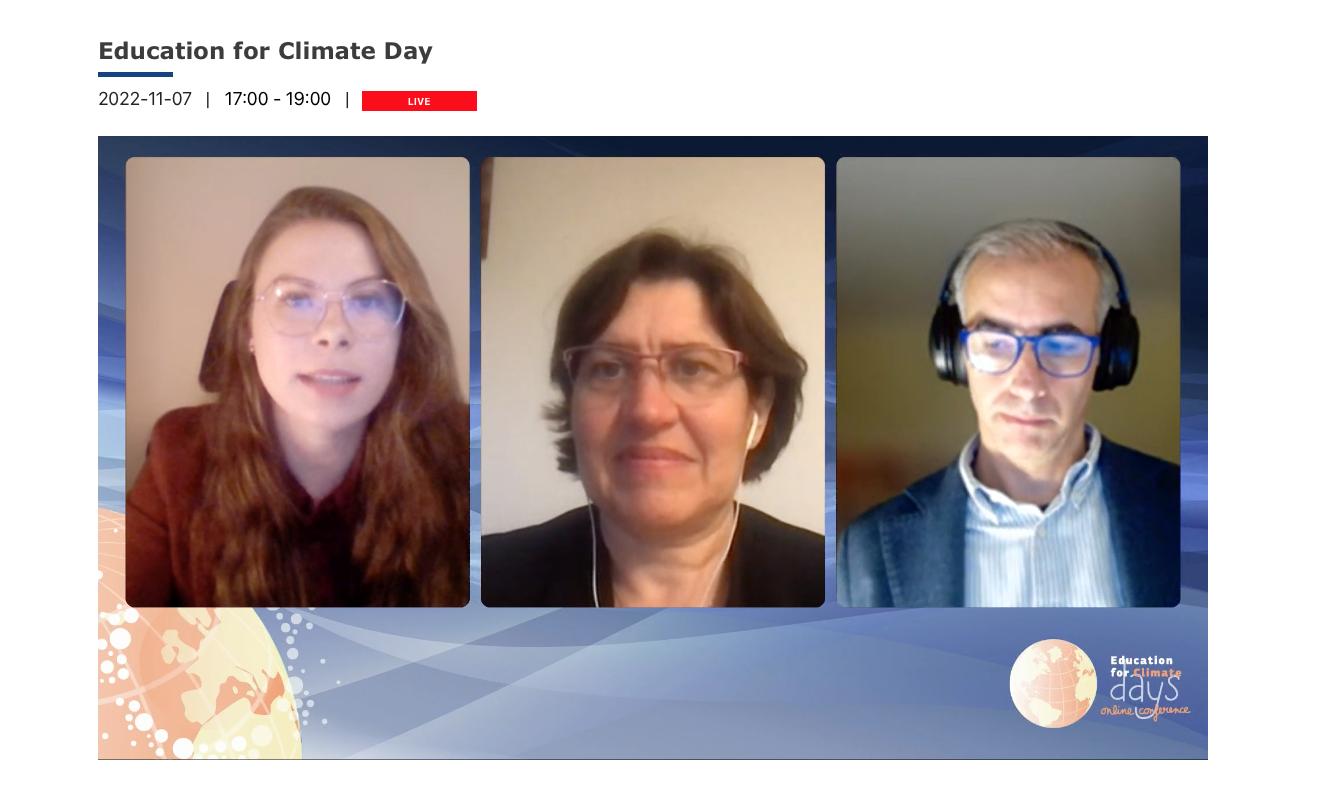
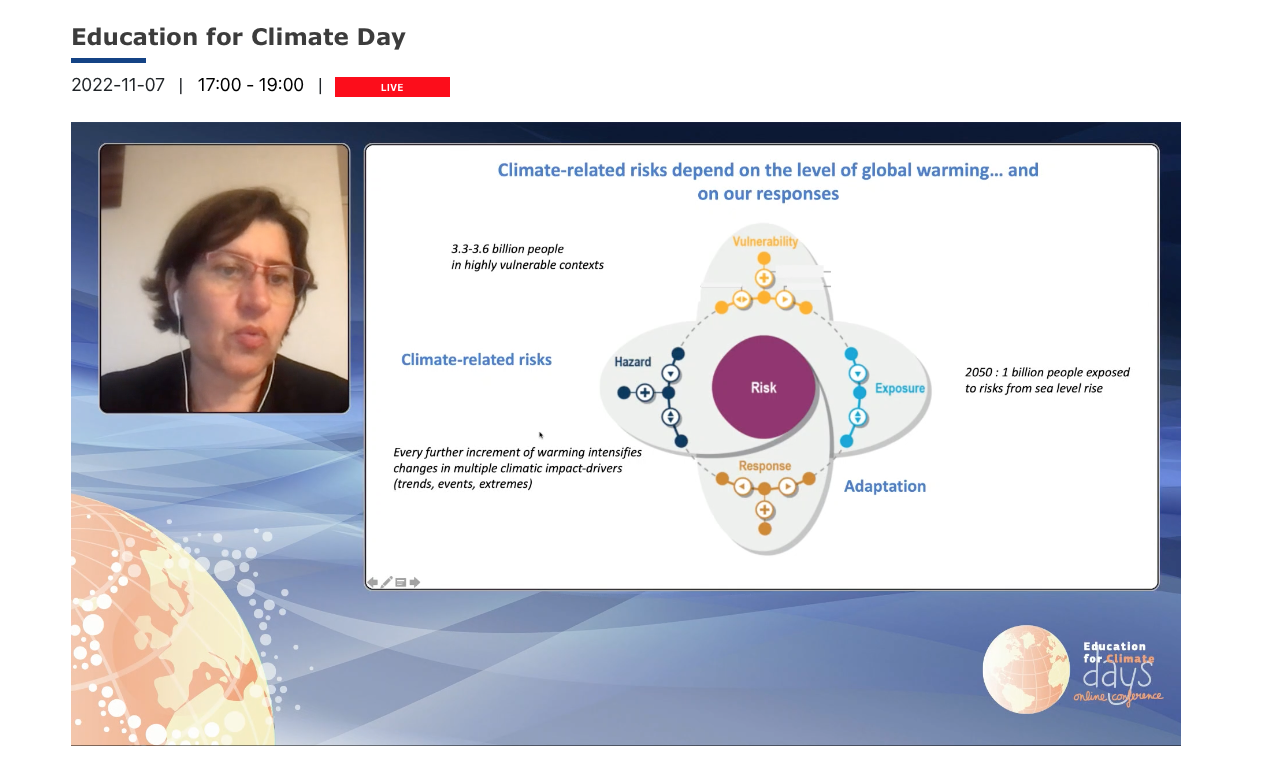
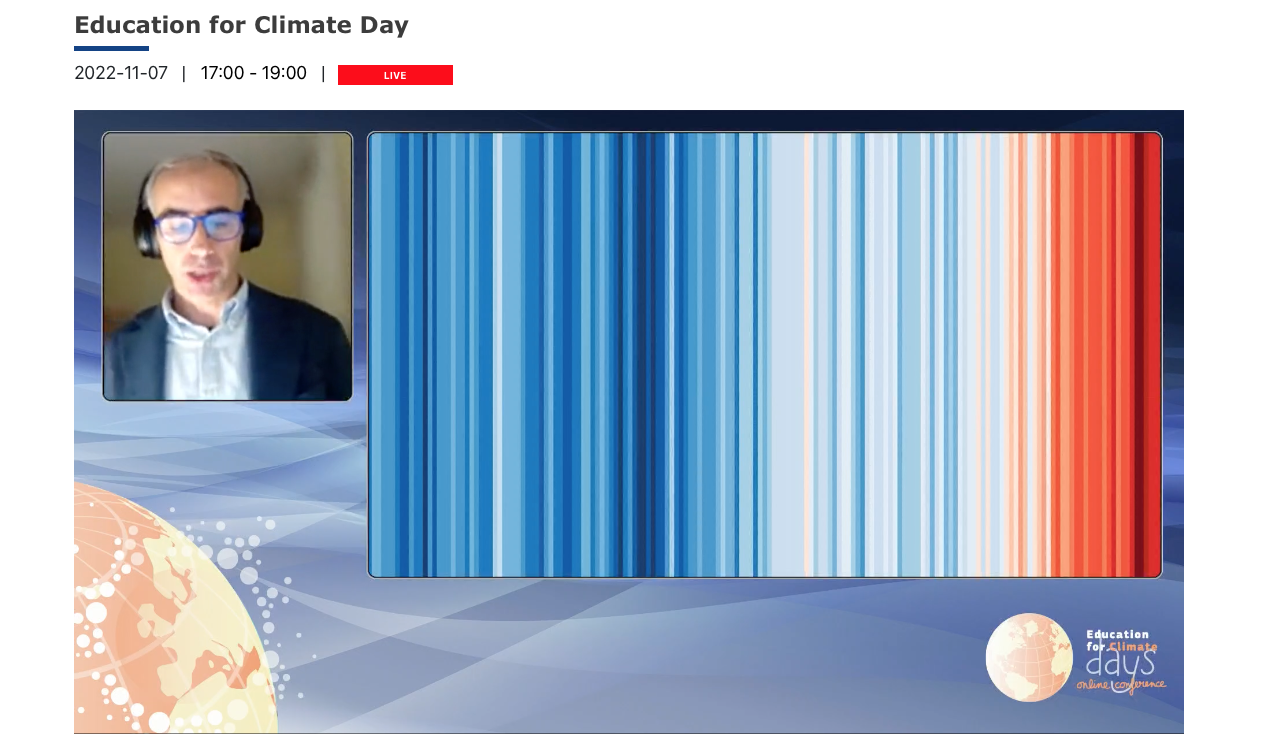
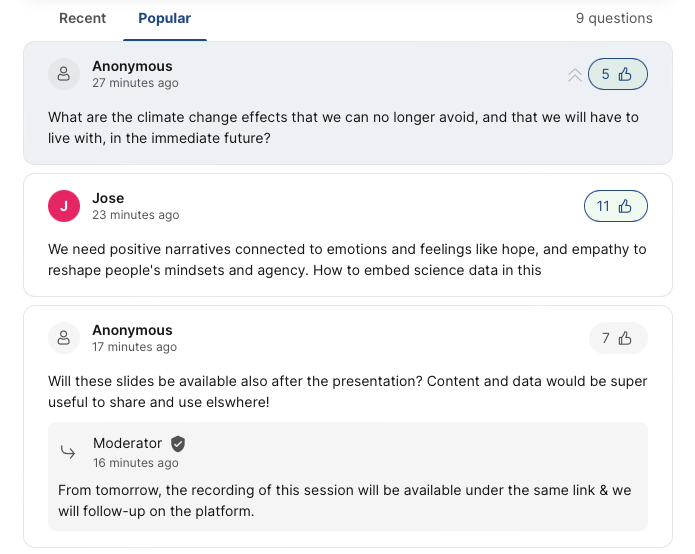
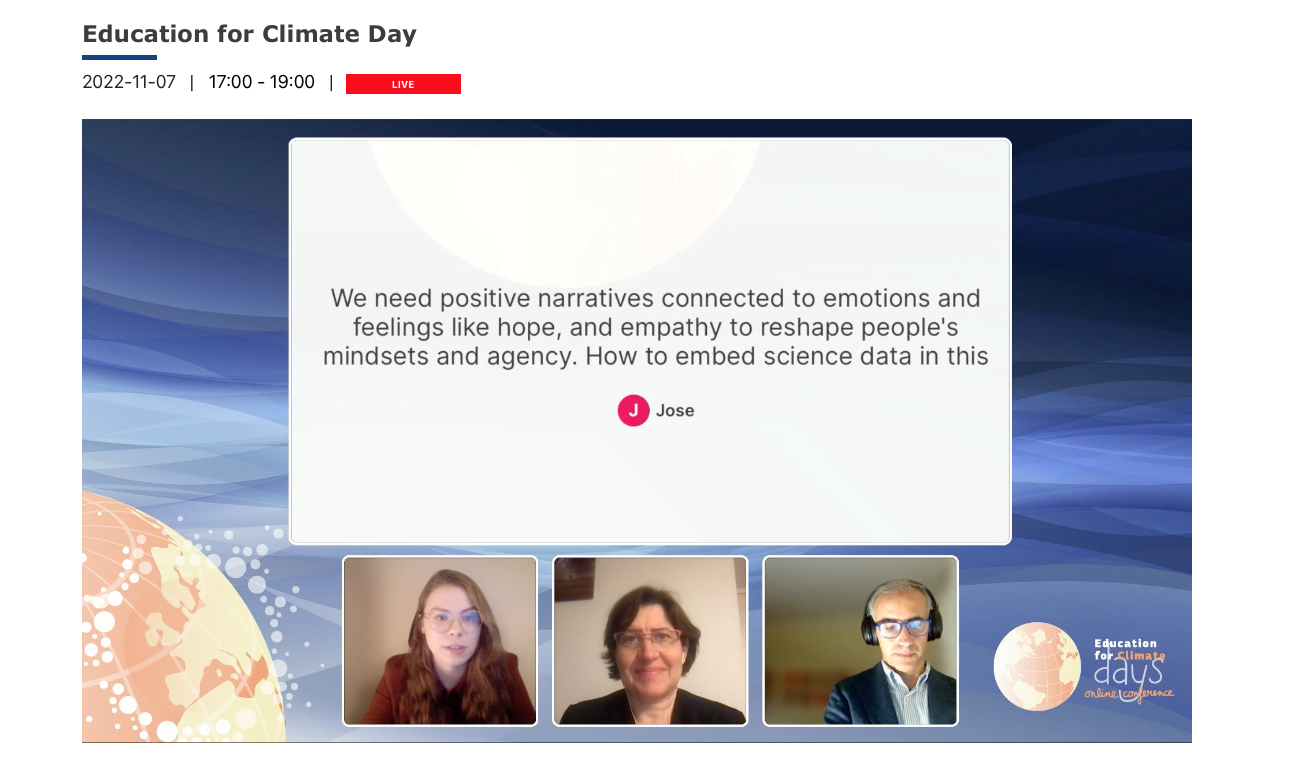
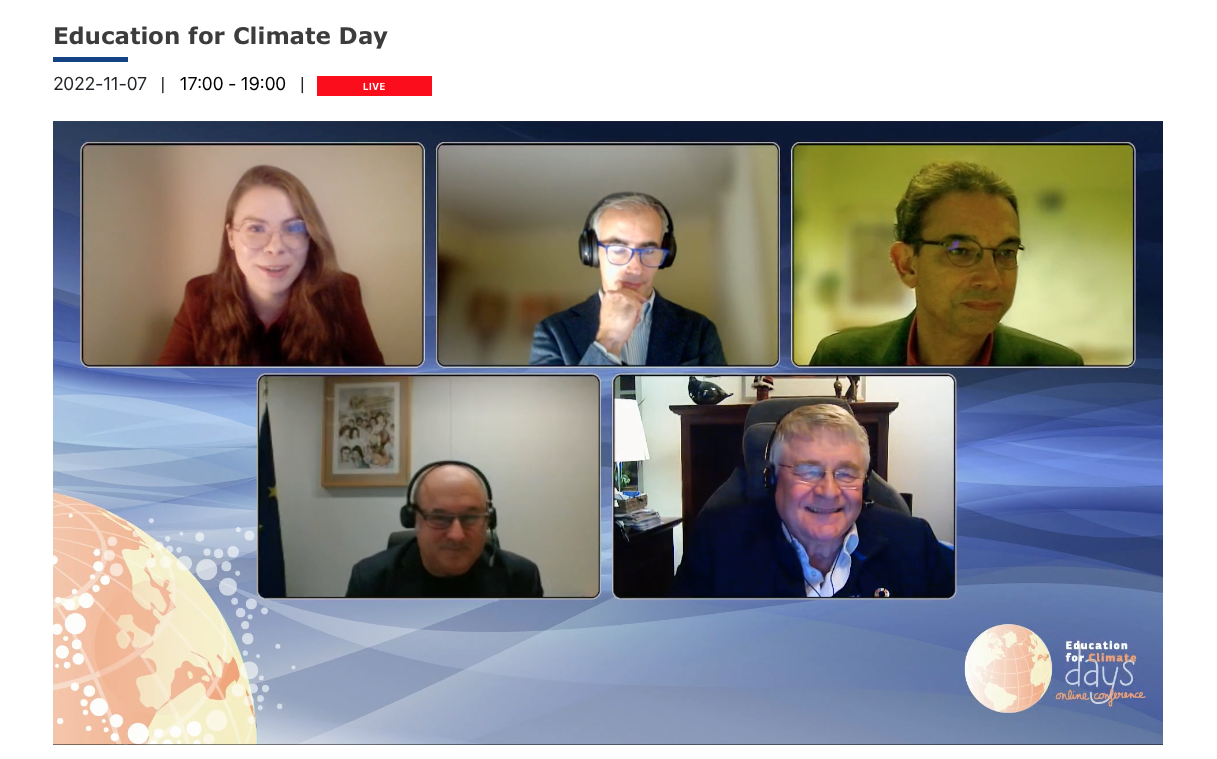
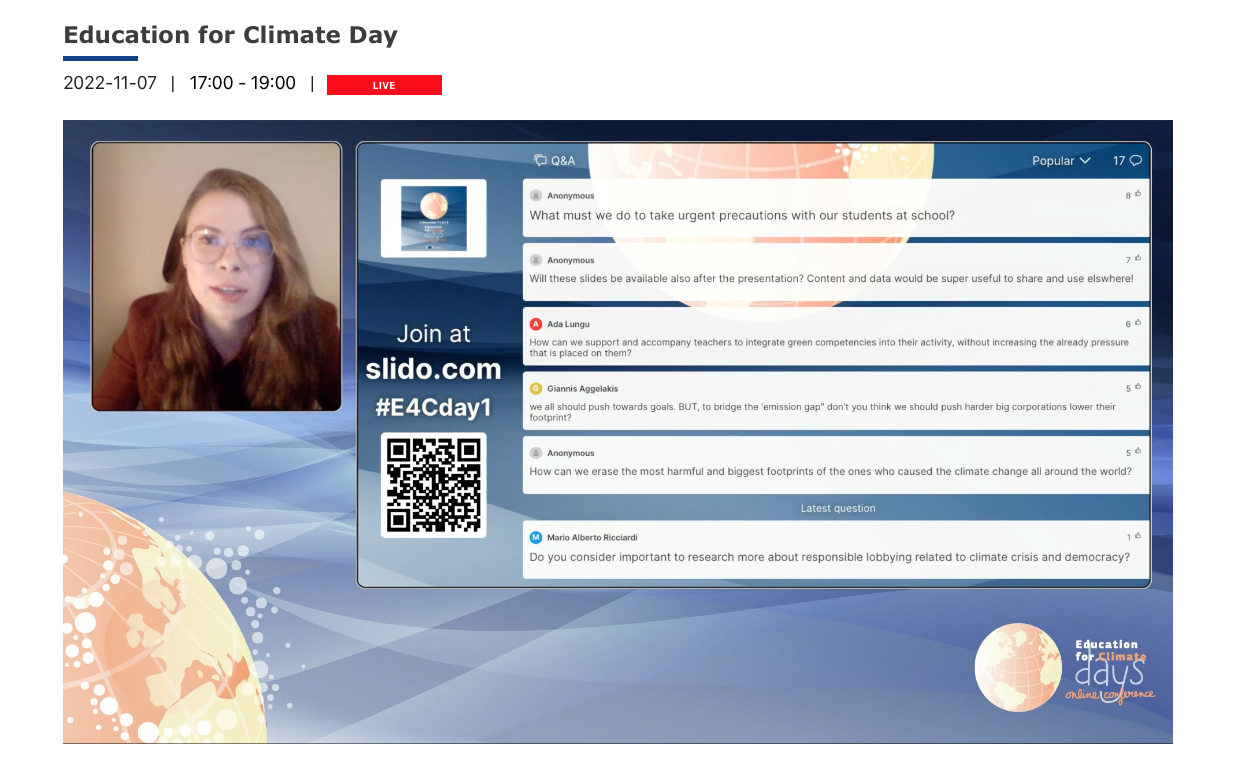
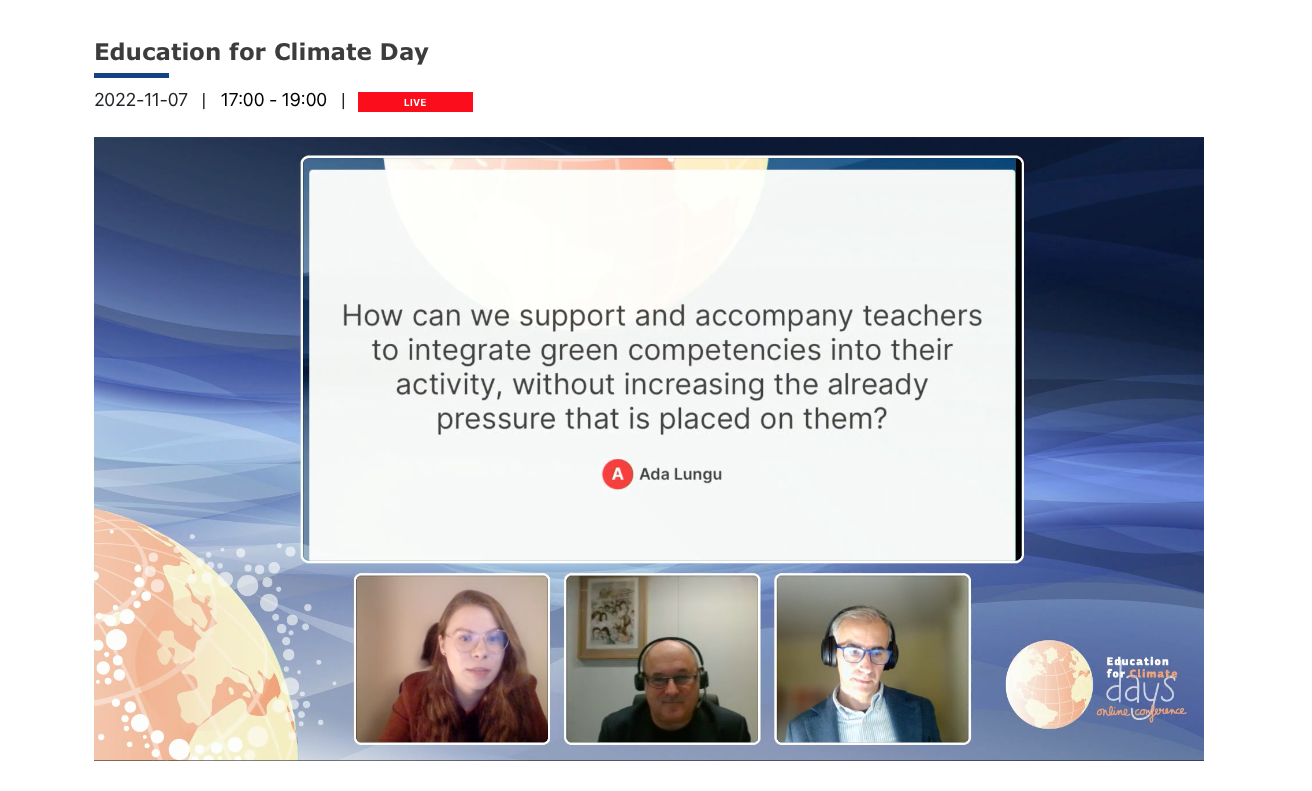
Dear all,
Let's share in the comments of this post the ideas/facts/quotes that make impression on us and that are worth sharing and remembering in our opinion.
That will be an excellent start for further discussions and potential joint actions.








Valérie Masson-Delmotte is telling us that IPCC reports "are based on multiple lines of evidence. "Evidence is the key word here...
BUT "many adaptation options are feasible, effective, with multiple benefits". (we can still act)
Every year matters to limit future global warming (main message here).
What is adaptation? Managing the unavoidable. What is mitigation? Avoid the unmanagable.
Giacomo Grassi explains that fossil fuels emissions and land use change goes to atmosphere for 45%, oceans for 25% and land (mostly forests) for 30%.
report of last week explain that Europe is warming faster than any other region in the past 50 years...
Unfortunately, "the latest climate pledges are not enough to close the emissions gap."
Education is essentiel. (that is my favourite quote so far:))
Valérie Masson Delmotte on risk we cannot avoid: "we can not go back".
We can improve the early warning systems. This information is critical to rind responses. That knowledge empowers us to act.
Giacomo Grassi talking about frustration from young generations. Understandable as we are going too small and not quick enough. So education will play a role in awareness raising, but also to help us find solutions.
Question from audience : we need positive narratives, connected to emotions. How to embed science data in this?
Valérie Masson-Delmotte explain how empathy can be a key factor in terms of agency.
Valérie Masson-Delmotte explains how serious games can be very nice tools to help students understand better the situation.
Envisioning future also.
Session 2: Manuel BORDOY deputy-secretary general of the European Schools explains how this education system is implementing a complementary course on climate change and use the sustainability competence framework GreenComp for this.
We are convinced we have to reform education systems quickly and bring agency into society.
Eric Guilyardi from Office for Climate Education insists on the role played by education. "We have a moral responsibility to develop a positive narrative."
We have to deal with complexity, and teachers not really feel well equipped, and some education systems are not ready for interdisciplinarity.
Climate change education must focus on head, heart and hands.
Education will be at the heart of our rethinking of our collective organisation.
Markku Markkula, vice-president of the European Committee of the Regions explains that learning is the key driver. Future depends on all of us.
We need to learn as a community.
Manuel Bordoy from the European Schools explain how we need to make sure the pressure on the shoulders of teachers must be kept in mind. For this education systems need a strategy, for instance in terms of training for teachers, but also to give teachers the possibility to have access to resources, and, most importantly, that the students must be put at the centre. Manuel has a moto: in a classroom, learning is action.
Eric Guilyardi explain how schools must remain learning environment and protect students from mental stress due to doom and gloom context. Education for climate must focus on science and learning.
Manuel Bordoy saying that "It is important to take action a local level to transform schools in green schools, it is not only about teaching."
I totally agree with you
Eric Guilyardi, schools are also an important way to change the values. Changing the curriculum sometimes takes time. But the transformative power here is huge.
Markku explain that climate challenges are very complex, hence the need to have a very systemic approach.
More partnership with best experts is need at European level, in order to do some bench learning instead of bench marking!
It was a very interesting discussion and you were very inspired to note some of the main takeaways. Thank you!
Welcome!
It was really interesting discussion, thank you!
"In the world, 10% wealthiest households account for 40% of the emissions"
Level of global surface temperature change since 1850-1900 is unprecedent, such as Co2 emissions.
Pourcentage of warming due to human influence? 100%
Human caused climate change makes extreme events more frequent and more intense.
Despite efforts to adapt, widespread impacts affect nature and people and risks are increasingly difficult to manage.
Our possible futures depend on our emissions.
Warming intensifies the water cycle, its variability, and the severity of very dry and very wet seasons and events.
EVERY FURTHER INCREMENT OF GLOBAL WARMING AFFECTS ECOSYSTEMS AND INCREASES RISKS OF BIODIVERSITY LOSS (sorry, that one needed capital letters)
The rates and magnitudes of unavoidable sea level rise depend on future greenhouse gas emissions. (that one could also be written in cap letters, but that is true for all of them right?)